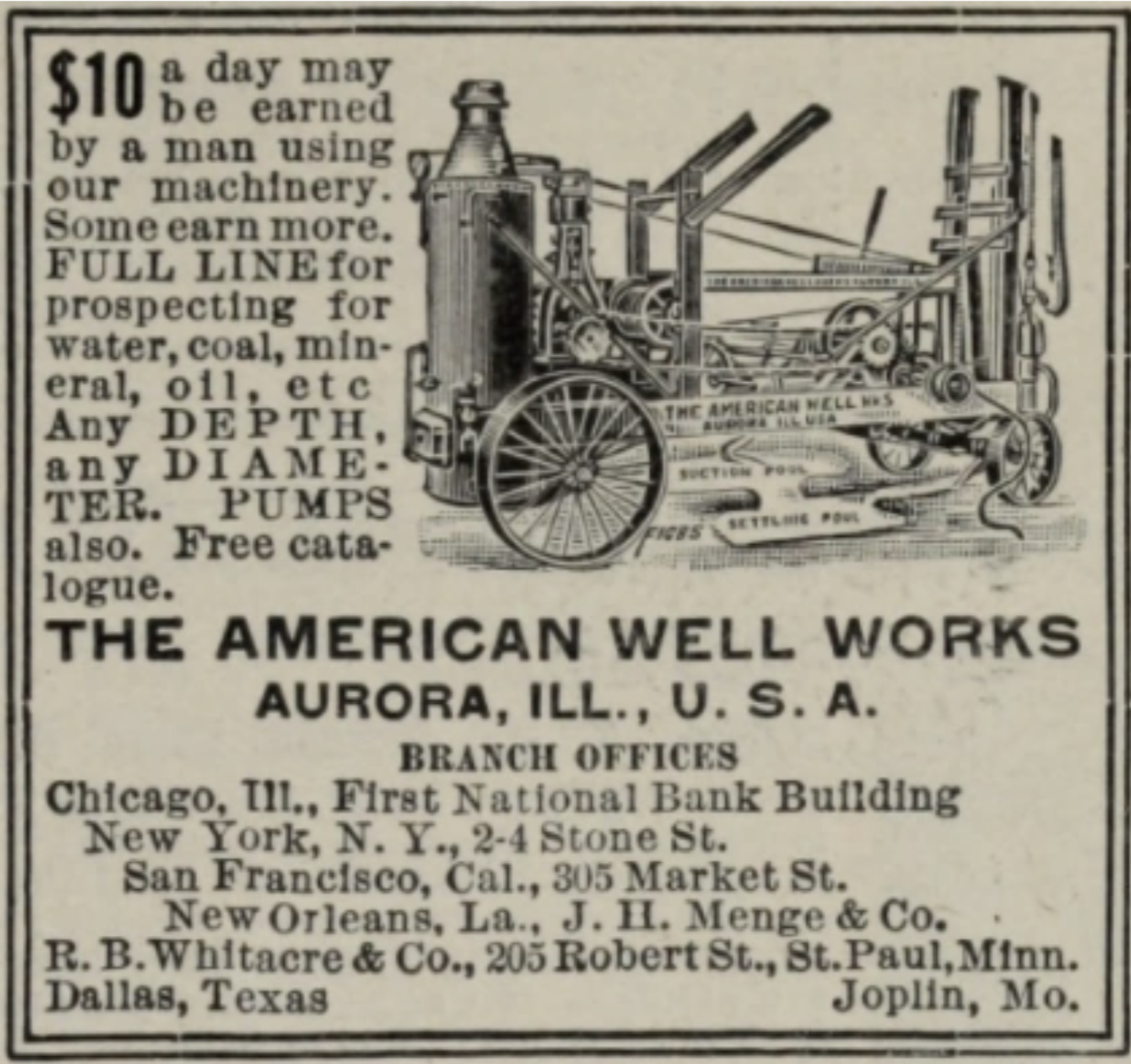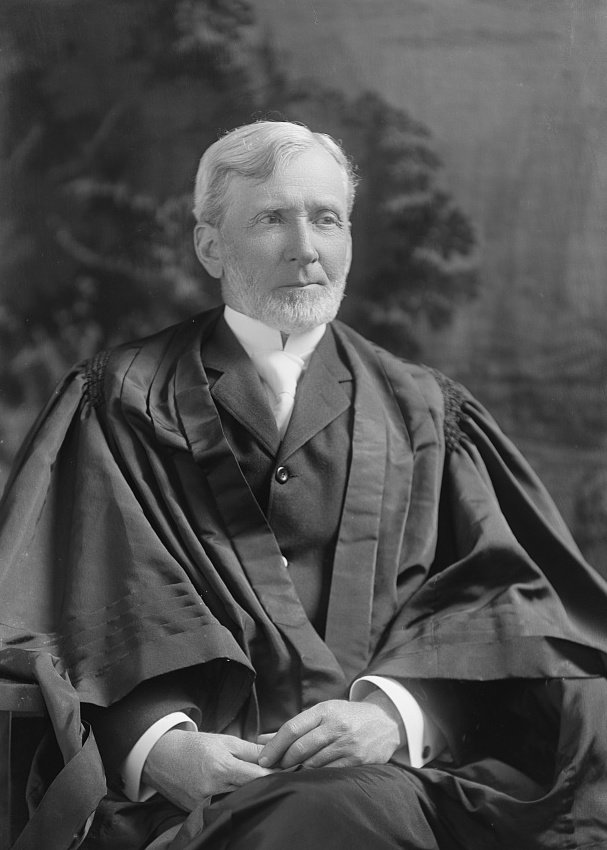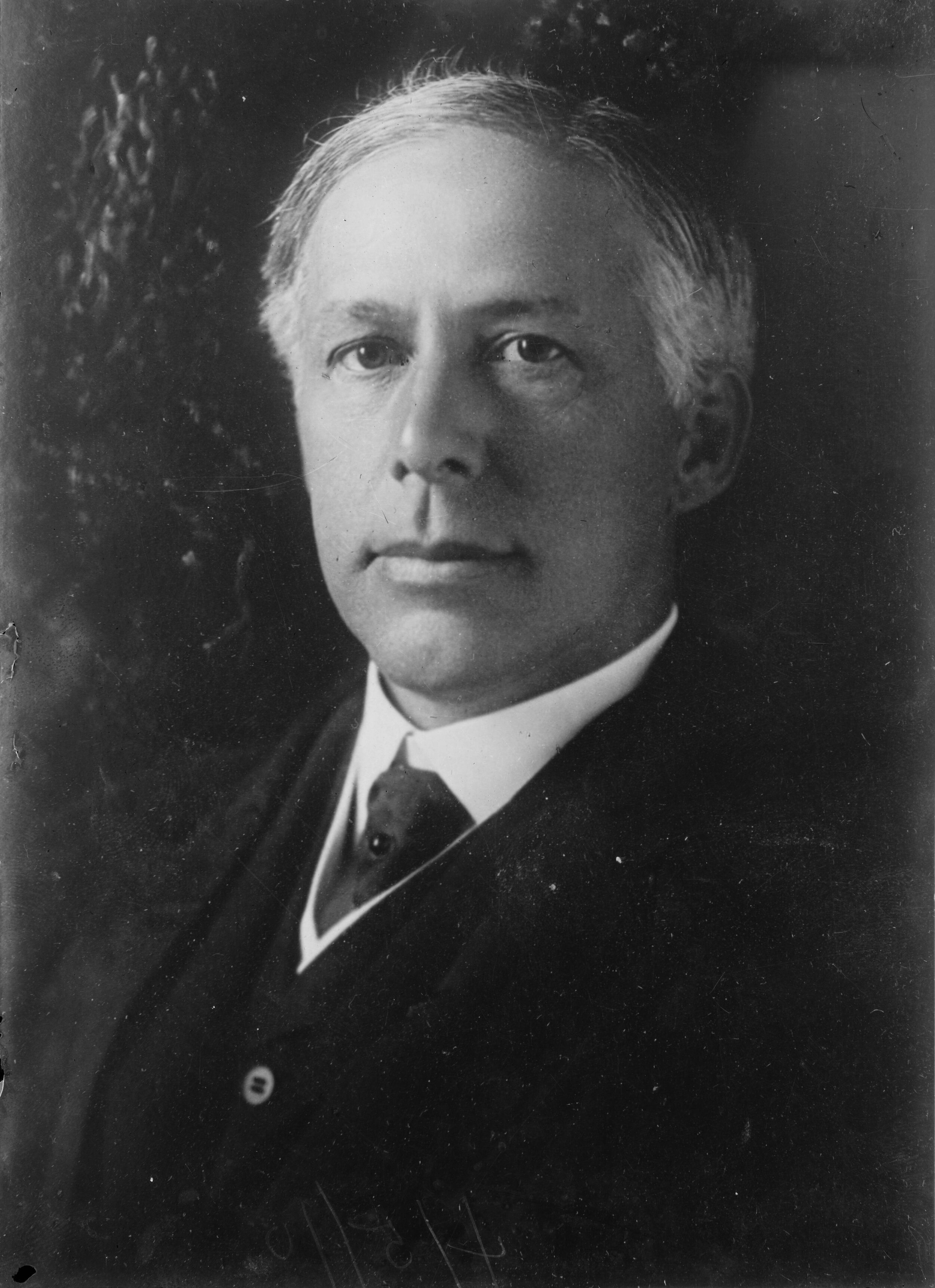American Well Works, Co.
v. Layne & Bowler, Co.
Key Principle
Justice Holmes’ Creation Test: A suit arises under the law that creates the cause of action.
Case Overview
CITATION
ARGUED ON
DECIDED ON
DECIDED BY
241 U.S. 257
May 5, 1916
May 22, 1916
Legal Issue
Does the implication of federal law as an anticipated argument for the plaintiff qualify the case for federal question jurisdiction?
Holding
No, a suit arises under the law that creates the cause of action.
Employment advertisement for American Well Works, 1908 | Credit: Fandom
Background
American Well Works Co., the manufacturer, seller, and patent holder of a widely recognized superior pump, brought a lawsuit against a competitor, Layne & Bowler Co., alleging that they had maliciously defamed its ownership rights by claiming that the pump and some of its parts infringed on Layne’s patent. Layne had initiated legal actions against other users of American Well Works’ pump and threatened to sue all users. American Well Works filed the case in an Arkansas state court, seeking $50,000 in actual damages along with punitive damages. Layne & Bowler then transferred the case to the United States District Court for the Eastern District of Arkansas, arguing that patent matters fall under the exclusive jurisdiction of federal courts. The district court dismissed the lawsuit, and American Well Works appealed to SCOTUS.
Summary
7 - 1 decision for Layne & Bowler Co.
American Well Works
Layne & Bowler Co.
Hughes
Pitney
Day
McReynolds
Holmes
White
McKenna
Van Devanter
Opinion of the Court
Writing for the Court, Justice Oliver Wendall Holmes held that “a suit arises under the law that creates the cause of action.”
Applying this to the case, Justice Holmes pointed to the important fact that the claim centered on the Layne & Bowler’s allegedly defamatory actions and statements, not any infringement of federal patent laws. Additionally, American Well Works contended that the Layne & Bowler’s behavior had harmed its business and wasn’t seeking to determine patent ownership, as would be an issue that falls under federal patent law. Holmes ultimately concluded that a lawsuit seeking damages for business harm resulting from the defendant’s accusations of patent infringement and threats of legal action under patent law fell under state law jurisdiction. Therefore, state courts were appropriate venue to hear the case, and it was dismissed for lack of federal jurisdiction.








